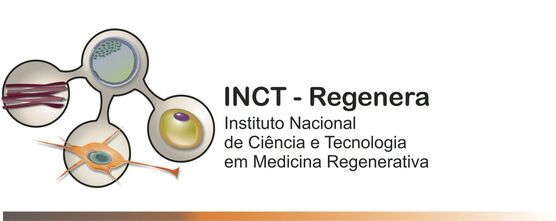|
Beta cells from stem cells: Potential for cell replacement therapy
Source:Helmholtz Zentrum München - German Research Center for Environmental Health Summary:Researchers have developed an improved pluripotent stem cell differentiation protocol to generate beta cells in vitro with superior glucose response and insulin secretion -- a major step towards beta cell replacement therapy. https://www.sciencedaily.com/releases/2020/04/200427125132.htm Researchers repurpose classic chemotherapy drug to overcome cancer therapy resistance
Source: Stowers Institute for Medical Research Summary:Drug resistance is a major obstacle in cancer treatment -- leading to relapse for many patients. In a new study, researchers report on a promising new strategy to overcome drug resistance in leukemia, using targeted doses of the widely-used chemotherapy drug doxorubicin. https://www.sciencedaily.com/releases/2020/04/200420165730.htm As células-tronco de embriões humanos comprometem-se com a especialização surpreendentemente cedo4/17/2020
Stem cells in human embryos commit to specialization surprisingly early
Source: The Francis Crick Institute Summary:The point when human embryonic stem cells irreversibly commit to becoming specialized has been identified by researchers. https://www.sciencedaily.com/releases/2020/04/200417114447.htm Review assesses stem cell therapy potential for treating preeclampsia
Source:University of Technology Sydney Summary:A review of using stem cells to treat preeclampsia, a dangerous condition in pregnancy, indicates that mesenchymal stem/stromal cells (MSCs), or their secreted vesicles, have the potential to be used as therapies that could progress to clinical trials. https://www.sciencedaily.com/releases/2020/04/200416091944.htm Crohn's disease: Preserving inflammation-free phases
Early detection of Crohn's disease flare-ups leads to improved therapy options Source: Technical University of Munich (TUM) Summary: Crohn's disease is a chronic inflammatory disorder of the intestine that, in most cases, relapses episodically. As of now, there is no cure for this disease. A research group has discovered a marker at a microscopic level, which can be used to identify patients that show a high probability of suffering from an inflammation recurrence in the immediate future. With this insight, therapeutic counter-measures may be employed at an earlier stage. https://www.sciencedaily.com/releases/2020/04/200415133435.htm Early detection of Crohn's disease flare-ups leads to improved therapy options
Source:Technical University of Munich (TUM)Summary:Crohn's disease is a chronic inflammatory disorder of the intestine that, in most cases, relapses episodically. As of now, there is no cure for this disease. A research group has discovered a marker at a microscopic level, which can be used to identify patients that show a high probability of suffering from an inflammation recurrence in the immediate future. With this insight, therapeutic counter-measures may be employed at an earlier stage. https://www.sciencedaily.com/releases/2020/04/200415133435.htm Single cell cloning tells the story of abnormal cells
Source:University of Houston Summary:Two stem cell researchers have found an abundance of abnormal stem cells in the lungs of patients who suffer from Chronic Obstructive Pulmonary Disease (COPD), a leading cause of death worldwide. The team, who used single cell cloning of lung stem cells to make their discovery, is now targeting the cells for new therapeutics. https://www.sciencedaily.com/releases/2020/04/200415133646.htm Experimental drug offers hope for preventing cancer relapse
Source: The Francis Crick Institute Summary: A drug that is well-tolerated in patients and prevents cancer coming back in mice has been identified. https://www.sciencedaily.com/releases/2020/04/200414122824.htm |
NoticiasAs Notícias dos anos anteriores estão armazenadas nos links: 2017 - 2018 - 2019 Histórico
July 2020
Categorias |

 RSS Feed
RSS Feed
